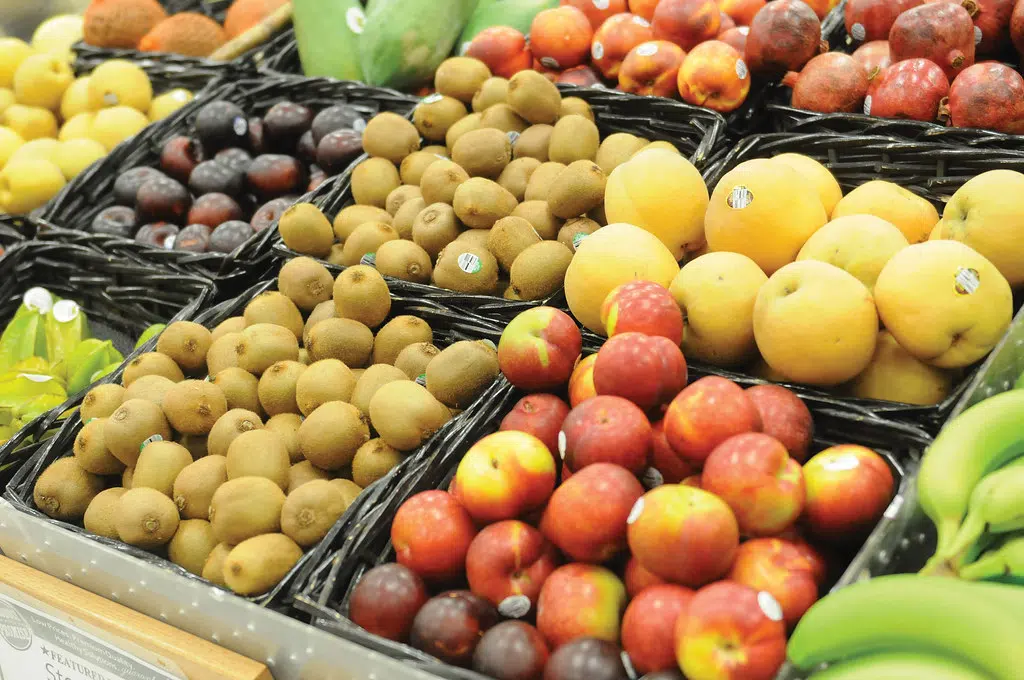Canada’s inflation rate has slowed for a third month, according to the latest figures from Statistics Canada.
The Consumer Price Index rose 6.9 per cent year-over-year in September, down from 7.0 per cent in August.
“Lower gasoline prices were mostly responsible for the deceleration,” the agency noted in its latest report on Wednesday.
On a monthly basis, gasoline prices dropped 7.4 per cent in September following a 9.6 per cent decrease in August.
An increase in the global supply of crude oil was a contributing factor to falling gasoline prices, which were down for the third consecutive month.
Year over year, gasoline prices rose 13.2 per cent in September compared to 22.1 per cent in August.
While gas prices dropped in September compared to August, we continued to feel the pinch from higher food prices.
Grocery prices increased 11.4 per cent year-over-year in September, growing at the fastest pace since August 1981.
“Contributing to price increases for food and beverages were unfavourable weather, higher prices for important inputs such as fertilizer and natural gas, as well as geopolitical instability stemming from Russia’s invasion of Ukraine,” said StatCan.
Food price growth remained broad-based, with Canadians paying more for meat, dairy products, bakery products and fresh vegetables, among other food items.
Prices for durable goods, such as furniture and passenger vehicles, grew 6.7 per cent in September on a year-over-year basis, compared with 6.0 per cent in August.
The purchase of passenger vehicles index contributed to most of the increase, rising 8.4 per cent. StatCan said the gain was partially due to the ongoing shortage of semiconductor chips.
Furniture prices increased 13.3 per cent in September compared with 12.2 per cent in August, mainly driven by higher prices for other furniture, specifically mattresses.
On a provincial breakdown, five provinces saw their inflation rate grow slower than the national average, including Newfoundland and Labrador (6.1 per cent), Alberta (6.2 per cent), Québec (6.5 per cent), Ontario (6.7 per cent) and New Brunswick (6.8 per cent).
Prince Edward Island saw the highest increase (8.4 per cent), followed by Manitoba (8.1 per cent), British Columbia (7.7 per cent), Nova Scotia (7.3 per cent), and Saskatchewan (7.1 per cent).
You can view the full report from Statistics Canada by clicking here.






Comments